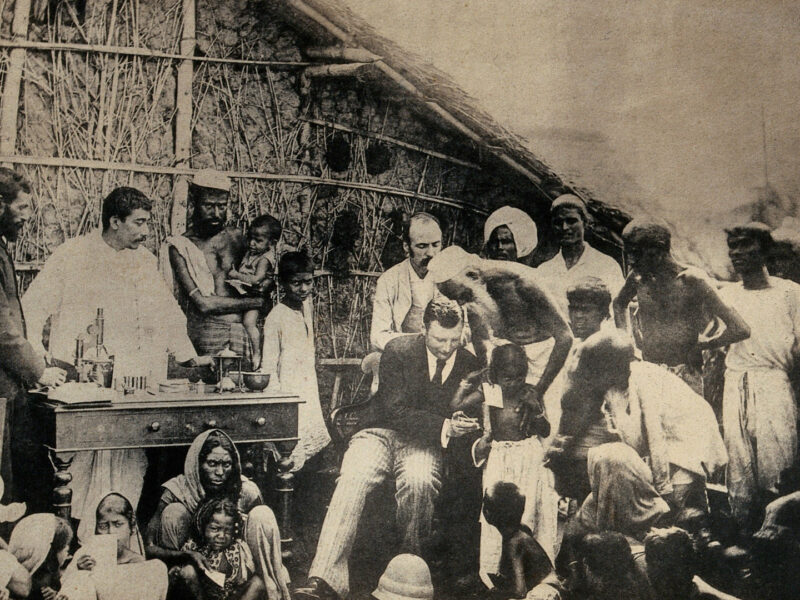More often, smaller clinics struggle with keeping medical records. However, a recent case shows that it is more than professional misconduct when a dentist was prosecuted as a result of poor recordkeeping.
It is the professional duty of medical practitioners to keep proper medical records. This is set out, for example, to doctors in paragraph 1 of Part II of the Code of Professional Conduct of the Medical Council, and for dentists, in paragraph 4 of the Code of Professional Discipline of the Dental Council. However, good recordkeeping is more than just about professional conduct.
A medical record documents the basis for the clinical management of a patient. It reflects on the quality of care and is necessary for continuity of care. It protects the legal interest of the patient and the healthcare provider.
Paragraph 1.1.2, Part II
Code of Professional Conduct
Medical Council of Hong Kong
This is demonstrated recently in HKSAR v TAM Chun-yin [2023] HKCFI 458. Notably, the patient passed away, and the medical records were ever more vital to the practitioner. In 2021, a dentist was convicted of a serious offence of fraud, for which he was sentenced to 4 weeks’ imprisonment. His name was only cleared in 2023 on appeal to the High Court.
It was alleged that the dentist in March 2016 deceived the Community Care Fund Elderly Dental Assistance Programme into reimbursing the fees for the extraction of 4 teeth (24, 44, 45, 46) and the fabrication of dentures of a patient, Leung. At trial, the magistrate accepted that the dentures were made. Thus, the ultimate sum in question concerned only the extraction of 4 teeth amounting to $1,600.
Briefly, the prosecution relied upon the records of Leung at the government dentist. Which appeared inconsistent with that of the private dentist during the same period:
- Teeth 45 and 46 had been already been extracted
- Tooth 44 remained
- Tooth 24 was in bad shape, but Leung had refused extraction on numerous occasions
On the other hand, the defence case is that of inadvertent mistakes in the claim forms due to a poor recordkeeping system. They also called an expert witness, who opined that “extraction” could also mean removing retained parts of a tooth or bone fragments, while those fragments may also migrate to other locations within the gum. For tooth 24, there could have been an aborted attempt to extract the tooth. This view was most shared by the expert called by the prosecution.
On appeal, the judge accepted that it might be a case of mistake, where the dentist might have believed that the forms were correct and thus did not intend to deceive the programme.
Surprisingly, the dentist did not keep any records of the extraction of those teeth. The judge was of the view the mistake in the claim forms may be due to “the division of labour within the practice, the lack of experience of the clinical staff, the lack of oversight of recording systems and their accuracy.”
While the judge allowed the appeal and quashed the dentist’s conviction, Her Ladyship criticised the dentist’s standard of recordkeeping and declined to grant an order of costs to the dentist.
It is unclear if the dentist is covered by the Medical Protection Society for this criminal prosecution. Otherwise, he would have to bear his own legal costs even though the appeal was successful.
This case is a classic lesson for medical practitioners on the vital importance of good recordkeeping.
Gordon Chan, Esq
Barrister-at-law, Archbold Hong Kong Editor on Public Health, and Member of the Bar Association's Committee on Criminal Law and Procedure. Specialised in medical, technology and criminal law.

